Alternative Christmas Celebrations for Non-Traditionalists
Non-traditional Christmas celebrations offer a refreshing alternative to the conventional festivities, embracing unique customs and diverse cultural practices. These celebrations often reflect individual beliefs, community values, and personal preferences, allowing people to express the holiday spirit in ways that resonate more with their identities.
In recent years, many families have chosen to forgo traditional elements like Christmas trees and gift exchanges in favor of experiences that foster connection and creativity. For instance, some might opt for a tropical getaway, celebrating with beach barbecues and outdoor activities, while others may engage in volunteer work, emphasizing the spirit of giving by helping those in need. Additionally, themed parties, such as “Ugly Sweater” contests or movie marathons featuring unconventional holiday films, have gained popularity. Cultural adaptations also play a significant role, with communities incorporating local traditions, foods, and music into their celebrations. Ultimately, non-traditional Christmas celebrations encourage exploration and inclusivity, allowing individuals to craft their own meaningful experiences while still honoring the essence of the holiday season.
 Winter Solstice CelebrationView All
Winter Solstice CelebrationView AllWinter Solstice Celebration - Celebration of winter's longest night, honoring light and renewal.

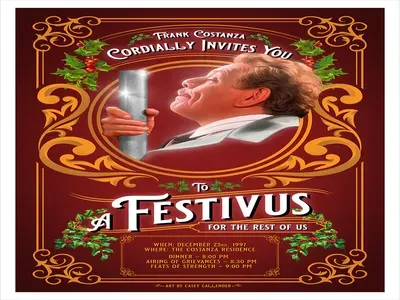 View All
View AllFestivus - A secular holiday featuring feats of strength and grievances.

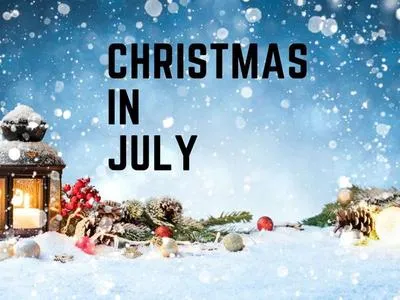 View All
View AllChristmas in July - Mid-year festivities celebrating Christmas themes and spirit.

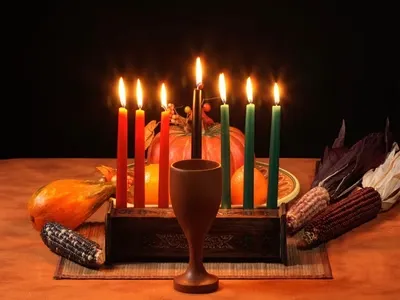 View All
View AllKwanzaa - Kwanzaa celebrates African heritage, unity, and cultural values.

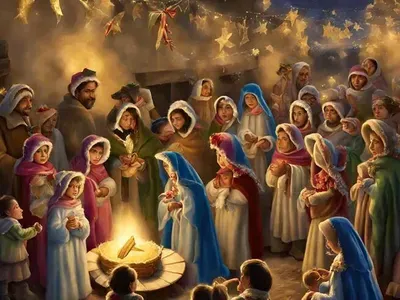 View All
View AllLas Posadas - Traditional Mexican celebration reenacting Mary and Joseph's journey.

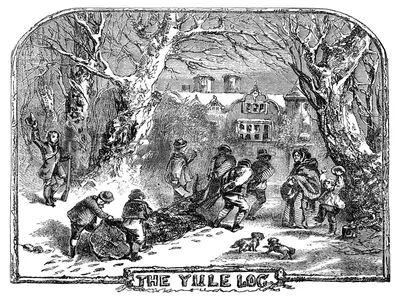 View All
View AllYule - Yule: Ancient winter festival, celebrating rebirth and renewal.

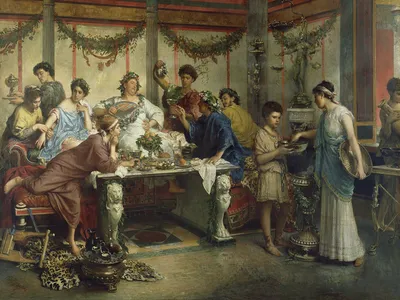 View All
View AllSaturnalia - Ancient Roman festival of feasting, gift-giving, and revelry.

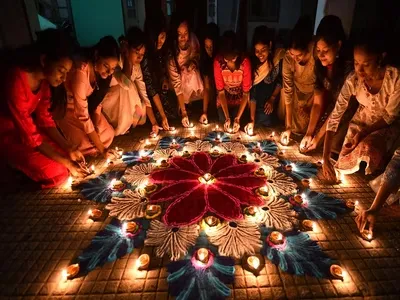 View All
View AllDiwali - Festival of lights, joy, and renewal in India.

 View All
View AllNew Year’s Eve as Christmas - New Year’s Eve: festive, joyous, reflective, and celebratory gathering.
Alternative Christmas Celebrations for Non-Traditionalists
1.
Winter Solstice Celebration
Pros
Winter Solstice Celebrations foster inclusivity
celebrate nature
emphasize renewal
promote community bonding
and offer meaningful alternatives to commercialized holiday traditions.
Cons
Winter Solstice celebrations may exclude those unfamiliar with pagan traditions
can lack inclusivity
and may not resonate with diverse cultural beliefs.
2.
Festivus
Pros
Festivus promotes inclusivity
emphasizes honesty through "Airings of Grievances
" and encourages family bonding without commercial pressures of traditional holidays.
Cons
Festivus can be seen as overly sarcastic
trivializing holiday spirit
and may alienate those who value traditional celebrations and family bonding.
3.
Christmas in July
Pros
Christmas in July offers festive fun
breaks winter monotony
promotes summer gatherings
boosts local businesses
and encourages creativity in celebrations.
Cons
Christmas in July can overshadow traditional festivities
dilute holiday spirit
and create commercialism fatigue
leading to confusion and diminished excitement in December.
4.
Kwanzaa
Pros
Kwanzaa celebrates African heritage
fosters community
promotes unity
encourages cultural pride
and emphasizes values like creativity
faith
and responsibility.
Cons
Kwanzaa can be criticized for perceived commercialization
lack of widespread recognition
and exclusion of diverse cultural practices within African heritage celebrations.
5.
Las Posadas
Pros
Las Posadas fosters community spirit
celebrates cultural heritage
promotes family bonding
and emphasizes themes of hospitality and kindness during the holiday season.
Cons
Las Posadas can be time-consuming
may exclude non-Spanish speakers
and could overwhelm participants with intense cultural and religious expectations.
6.
Yule
Pros
Yule offers a rich cultural heritage
emphasizes nature
fosters community
encourages reflection
and celebrates the winter solstice’s return of light.
Cons
Yule may lack mainstream recognition
leading to social isolation
difficulty finding community events
and cultural misunderstandings about its significance and practices.
7.
Saturnalia
Pros
Saturnalia fosters community
encourages revelry
promotes generosity
and celebrates freedom
offering a joyful alternative to traditional Christmas festivities.
Cons
Saturnalia's excesses led to social chaos
moral decline
and potential conflicts
overshadowing the spirit of unity and festive joy in celebrations.
8.
Diwali
Pros
Diwali fosters community bonding
celebrates light over darkness
promotes generosity
encourages cultural exchange
and emphasizes gratitude and family connections.
Cons
Diwali's commercialization can overshadow its cultural significance
leading to environmental concerns from fireworks
waste
and exclusion of non-Hindu communities.
9.
New Year’s Eve as Christmas
Pros
New Year’s Eve fosters inclusivity
diverse traditions
reflection
and resolutions
creating a festive atmosphere that celebrates new beginnings and community togetherness.
Cons
New Year's Eve can feel commercialized
overly crowded
and pressure-filled
detracting from meaningful connections and genuine celebration of the season.